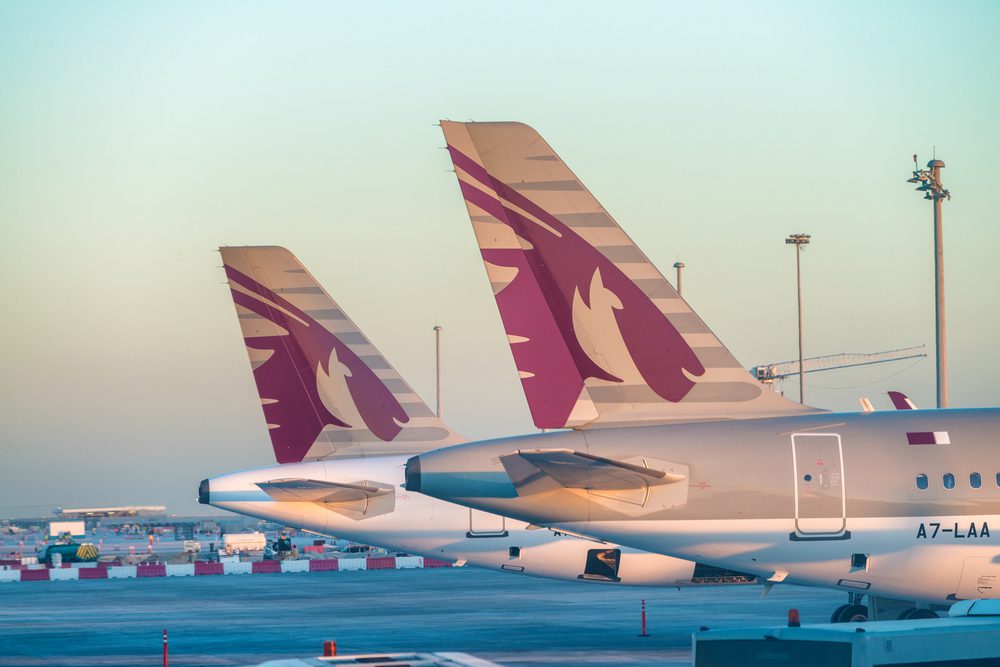
Weeks ago, the corruption scandal dubbed as Qatargate shook the entire European Union, but despite the continually emerging evidence, the Commission doesn’t see “any grounds” to suspend the EU’s aviation agreement with Qatar, officials told the Parliament on Tuesday.
Qatargate erupted after the arrest of five prominent figures in Brussels last December, including EP Vice President Eva Kaili, suspected of accepting bribes from Qatar in exchange for significant influence on key political and strategic decisions, such as granting Qatari airlines greater access to the European market.
The true extent of Qatar’s involvement in the European Union’s institutions through bribery is still unknown, but the investigation is ongoing as more than 60 MEPs are being targeted by authorities—most belonging to the social democrat S&D parliamentary group. Several MEPs have already been stripped of their immunity while two more are set to join them after an EP vote on Thursday.
As soon as the corruption scandal broke, the European Parliament voted to pause any legislation related to the Gulf state as long as the investigation is ongoing—especially about Qatar Airways, as Doha struck a “landmark” aviation agreement with the EU last October, just awaiting ratification.
However, the European Commission told the EP on Tuesday that there was no reason to suspend the provisional application of the deal and that ratification should go ahead. “Are there any grounds for us to consider that it should not continue to apply and [be] ratified? From the Commission’s side we don’t see any of those grounds,” Deputy Director General Carlos Acosta told the parliamentary committee. https://twitter.com/HankeVela/status/1602742866895421441
The legislation is designed to replace a number of bilateral agreements Qatar had with individual member states with a joint framework applicable to the whole bloc. This also means that it needs to be approved by all 27 EU members before the European Parliament can finalize the ratification process, which can take years. So far, only eight countries have given the green light for the deal.
Nonetheless, several MEPs are frustrated by how the Commission treats this question and would like to know the negotiation details. “I’m wondering whether we shouldn’t simply quarantine this agreement […] until all the documents and details of meetings have been declassified,” said Renew MEP Izaskun Bilbao Barandica, to “see whether people who might have been involved on the Qatari side in the scandal and the attempts to meddle with Parliament’s decisions were actually involved in this agreement.”
Whether the deal would give Qatari Airlines a built-in advantage over European airlines is still being debated. Greens MEP Ciarán Cuffe is worried about unfair competition for the European aviation sector, which is “already experiencing a race to the bottom in terms of labor standards.”
The Commission argues this will not be the case, as the agreement includes social, environmental, and fair competition clauses, something that bilateral negotiations would be unable to achieve.
Despite Acosta’s lengthy reasoning, the MEPs on the TRAN Committee (the EP’s board on Transport and Tourism) were not entirely convinced. Greens MEP Karima Delli, who heads the committee, called for further scrutiny and proposed to invite Acosta back to provide more information on “some issues we didn’t get clarification on.”
